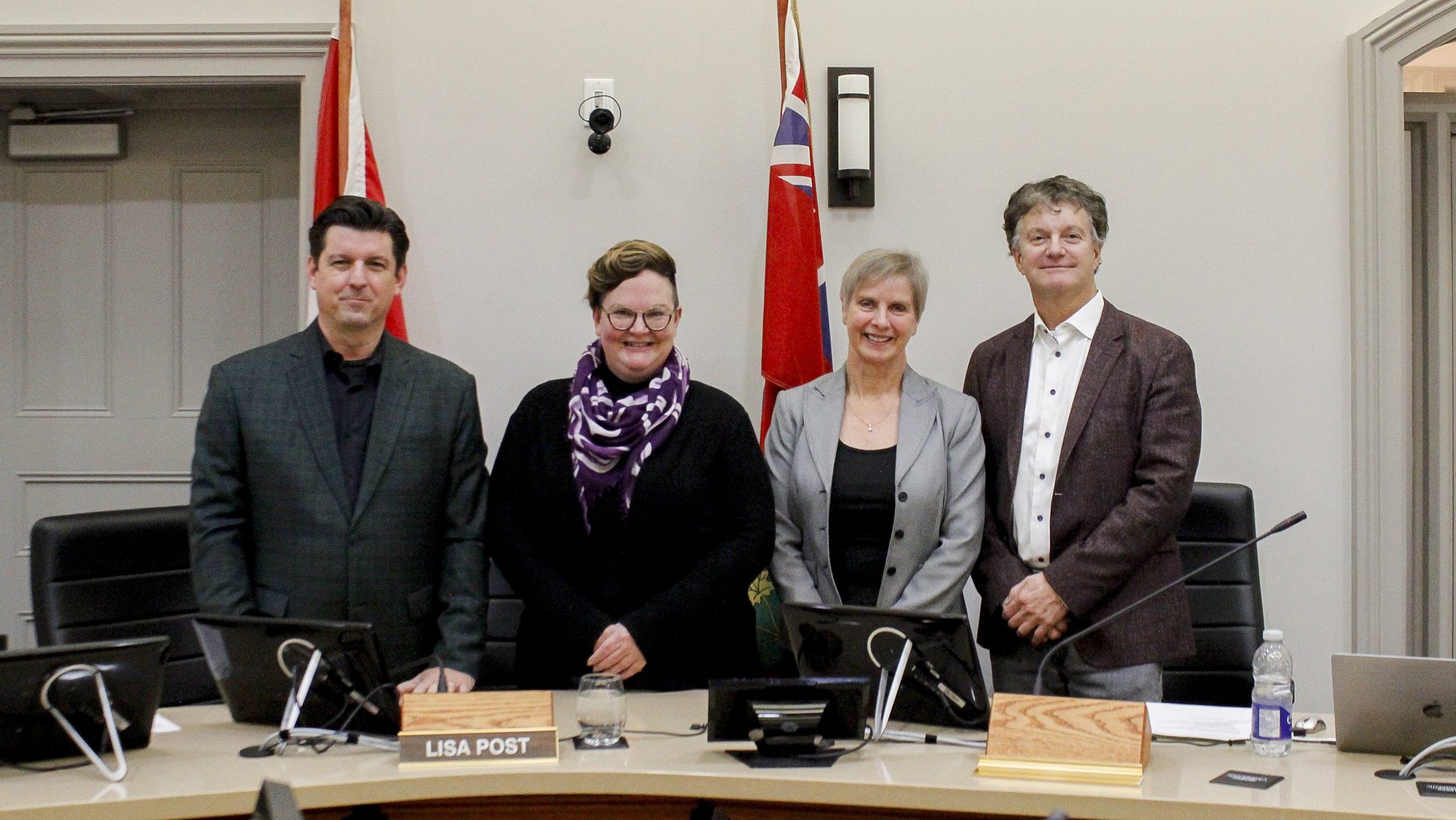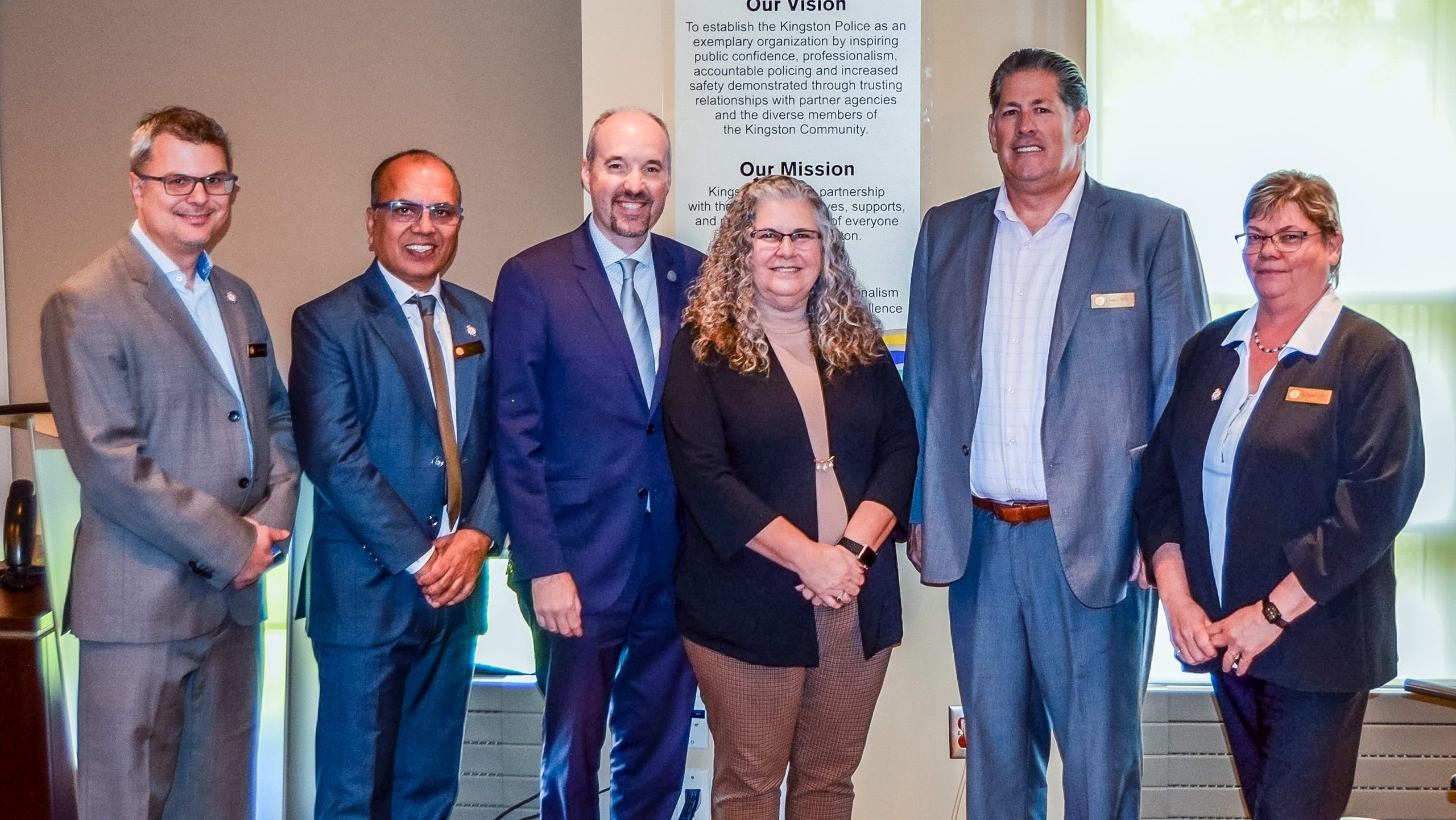Section 88.25 of the Municipal Elections Act requires candidates to file a financial statement and auditor’s report showing the candidate’s election campaign finances with the Municipal Clerk by December 31st of the election year or the 45th day after voting day in the case of a by-election.
How to find who donated to a candidate’s campaign?
Candidates are required to track the names and addresses of every contributor who gives more than a total of $100 to their campaign in a financial statement. Contributions totaling less than $100 do not have to be identified and are recorded as a lump sum.
After an election, you can find out who bought political ads about a topic or individual during the election period by searching the municipality’s website for: “Financial Statement – Auditor’s Report Candidate – Form 4“:
These statements are publicly available records that allow you to follow the money to find who is backing a candidate.
Here is an example financial statement for ex-Mayor of Toronto John Tory:


These records can be used to find the interest groups that may be connected to a candidate.
For example, a developer-connected donation, is a contribution determined very likely to be made by an individual who is or is the spouse or family member of an executive, owner, representative, manager, or other major stakeholder in the real estate development, property management, and infrastructure industries, and any contractors, consultants, legal or financial services related to commercial and residential construction.
Federal political donations
Here’s how to search the database:

Provincial political donations
Here are the political contribution lookup tools for each province:
- Alberta
- British Columbia
- Manitoba
- New Brunswick
- Newfoundland and Labrador
- Northwest Territories
- Nova Scotia
- Nunavut
- Ontario
- Prince Edward Island
- Quebec
- Saskatchewan
- Yukon
- All donations 1993 to 2016
Why is tracking campaign donations important?
Campaign donations are an indicator of who is most invested in who sits on municipal council and which candidate(s) they think would best represent their interests and values.
In 2017 the Ontario government banned corporate donations to municipal candidates, enacting the Modernizing Ontario’s Municipal Legislation Act in an effort to lessen the development industry’s influence in municipal politics.
This has not stopped developers from contributing to candidates. Ontario Liberal leadership candidate Bonnie Crombie received $33,500 from names matching 10 executives at HBNG Holborn Group, a land developer and builder based in Vaughan who each donated the maximum amount ($3,350), and 9 of 10 were made over the course of 3 days.
Developer donations in Pickering
An analysis by Brad Nazar of Pickering Transparency and Pickering Hall Monitor found:
- Almost 90% of donations to City Councilors during the 2018 Municipal Election came from outside the City of Pickering
- About 80% of all donations came from individuals linked to property development corporations or businesses linked to property development in the City of Pickering.
- Each of these linked corporations has had business before City Council where City Councilors have voted on items impacting their businesses.
Developer donations in Ottawa
Horizon Ottawa, a lobbyist group that advocates for progressive voices on council found that in 2022 over 250 donors connected to the development industry gave $291,000 to Ottawa municipal candidates – just under 30% of all donations to elected candidates.
Since 2018 over 250 individuals connected to real-estate development companies donated over $500,000 to municipal candidates, seeming to indicate that this policy has had limited effect in stemming the tide of donations still connected to corporate interests. Senior executives along with their spouses and relatives continue to donate thousands of dollars through individual donations to municipal candidates.
In 2017 the Ontario government enacted the Modernizing Ontario’s Municipal Legislation Act in an effort to lessen the development industry’s influence in municipal politics. This legislation banned corporate donations to municipal candidates.
Who can donate to a municipal candidate’s campaign?
Only individuals who are normally resident in Ontario and the candidate and their spouse may make contributions to a candidate’s election campaign.
Who is not allowed to donate to a municipal candidate’s campaign?
The following entities may not contribute to a candidate’s campaign:
- Corporations
- Trade unions
- Registered charities
- Federal political parties, associations or candidates
- Provincial political parties, associations or candidates
- Associations including neighbourhood, clubs, professional, fire, or police
- Federal or provincial government, a municipality or a school board
- Any source outside Ontario (except for the candidate and their spouse)
Members of these entities may contribute individually.
What is the contribution limit?
An individual may make a maximum contribution of:
- $1,200 to any one candidate in an election, and
- $5,000 to all candidates in the same jurisdiction
including the value of any goods and/or services donated to the campaign, which are based on the lowest amount charged by a business providing similar goods or services, or charged by the donor to the general public at the time. It also includes the cost of fundraiser tickets purchased.
The contribution must be made:
- During election campaign period
- By cheque or money order or other method that tracks where the funds came from if it is greater than $25. Contributions of $25 and below can be made in cash.
- Directly from the contributor (it can’t be pooled from multiple contributors)
The candidate and their spouse may contribute to the candidate’s campaign a maximum of:
- Head of Council (Mayor) candidates: $7500.00 + $0.20 per elector to a maximum of $25,000
- Council: $5000.00 + $0.20 per elector to a maximum of $25,000
What is the spending limit?
The spending limit covers expenses incurred between the beginning of the campaign and voting day. It is calculated based on the number of electors who are eligible to vote for the office that you are running for. The formula is:
- Head of Council candidates: $7500.00 plus $0.85 per eligible elector;
- Council offices: $5000.00 plus $0.85 per eligible elector.
The Municipal Clerk will know how many eligible electors there are and can give you the maximum in your municipality during the current municipal election.
There is a separate limit for expenses incurred for parties or expressions of appreciation after voting day, which is 10% of the general spending limit above.
Are contributions to municipal candidates tax deductible in Ontario?
Unlike contributions to provincial and federal candidates, contributions to candidates running for municipal council or school board are not tax deductible.
Some municipalities have contribution rebate programs in place that will refund you part of your contribution to a candidate’s campaign. However, municipal contribution rebate programs do not apply to contributions to third party advertisers.
Candidates and third party advertisers are not permitted to return unused contributions to contributors. If the candidate or third party advertiser has a surplus at the end of their campaign, they must turn that money over to the municipality.
What is a contribution rebate?
Section 88.11 of the Municipal Elections Act makes it optional for municipalities to create a contribution rebate program that reimburses a portion of the money an individual donates to candidates’ election campaigns. It can act as a stand-in for the tax credits that municipal contributions are lacking when compared to contributions to federal and provincial election campaigns.
What happens to excess contributions?
If there are contributions left over after the campaign, the candidate and their spouse can withdraw the value of contributions that they made to the campaign from the surplus funds that weren’t spent.
If there is still a surplus after the candidate and spouse have withdrawn their contributions, the rest must be transferred to the municipality via the Municipal Clerk. They cannot be returned to contributors.



Comments
We want to hear from you! Share your opinions below and remember to keep it respectful. Please read our Community Guidelines before participating.